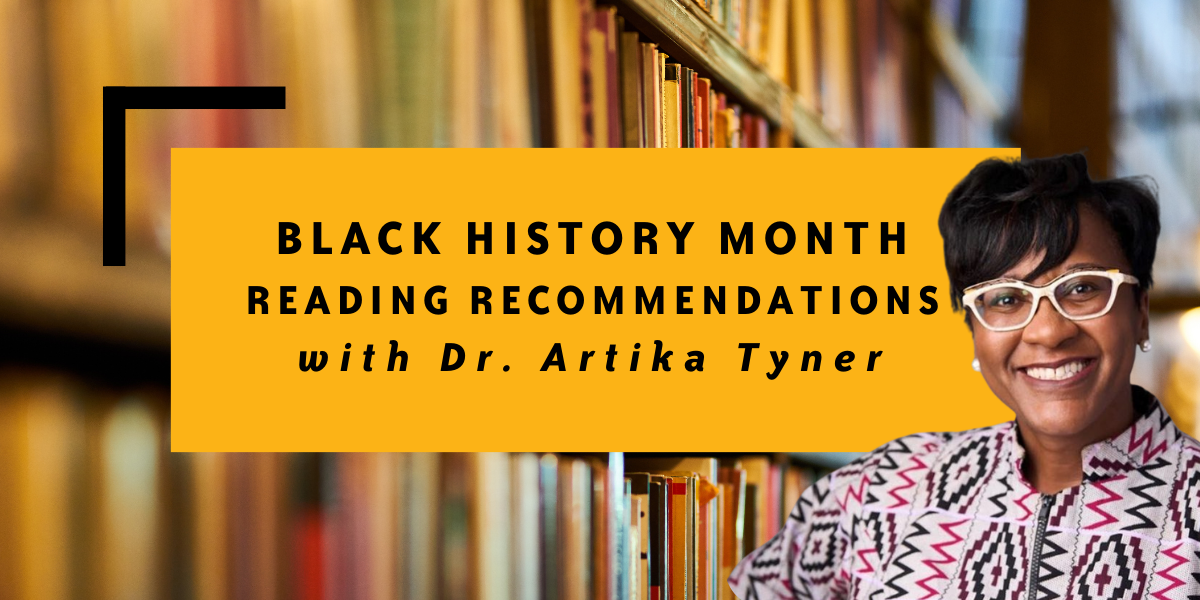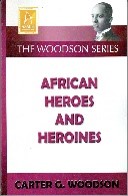
BLACK HISTORY MONTH
African Americans have played an integral role in shaping arts and culture in the United States. This is why the theme of Black History Month 2024 is: African Americans and the Arts. Throughout the month of February, you can learn more about countless African Americans who used the arts to celebrate their heritage, engage in storytelling, and raise awareness about injustices.
Black History Month was founded by Dr. Carter G. Woodson. In 1926, Dr. Woodson launched Negro History Week. His goal was to celebrate and honor Black achievements and build a legacy of change. There are many misconceptions about Black History Month. Some believe that celebrating Black History Month in February is meant to minimize the significance of the contributions of the African American community since it is a mere 28 days (29 during a Leap Year) and not a full 30-31 days. However, the month of February was a deliberate and calculated choice. Dr. Woodson selected the month of February since it is the birth month of two individuals whom he deeply admired. He sought to honor Abraham Lincoln and Frederick Douglass who both played a significant role in abolishing slavery. Historically, celebrations were held on their birthdays which are the 12th (Lincoln) and 14th (Douglass). Woodson sought to build upon this foundation. He decided to establish a new tradition of honoring the past contributions of Black leaders with the founding of Negro History Week. In 1976, U.S. President Gerald Ford proclaimed February as Black History Month. Over the past four decades, it has been celebrated annually.
~Dr. Artika R. Tyner
Dr. Artika R. Tyner is a passionate educator, award-winning author, sought-after speaker, and advocate for justice. She is the founder of Planting People Growing Justice Leadership Institute, working to “plant people” while offering them key educational and learning opportunities. This organic process aims to cultivate a multicultural literary and leadership landscape that encourages both social and racial justice within individuals and communities.

The Mis-Education of the Negro
By: Carter G. Woodson
This book was released in 1933 and remains an essential read. It is a foundational text in Black Studies courses and a common read among Black scholars. Dr. Woodson provides a critical reflection on Black history and culture. He demonstrates how prejudices, stereotypes, and biases attempt to hinder the Black community’s progress. He challenges the reader to cultivate self-determination and self-awareness to overcome these impediments.
Recommended because: The book explores the root causes of the challenges experienced by the Black community while identifying the power structures that create these inequities and benefit from them. A key quote from the book is: “When you control a man’s thinking you do not have to worry about his actions. You do not have to tell him not to stand here or go yonder. He will find his ‘proper place’ and will stay in it. You do not need to send him to the back door. He will go without being told. In fact, if there is no back door, he will cut one for his special benefit. His education makes it necessary.”
<img> </img>
</img>

African Heroes and Heroines
By: Carter G. Woodson
This book is a historical treasure. It highlights powerful African leaders from Queen Nzinga to Shaka of the Zulu kingdom. It fills a void in the history books that mischaracterize the continent of Africa and its people. It shares their story of triumph, joy, resistance, and courage.
Recommended because: The book highlights the valuable contributions of people of African descent. It celebrates the legacy of Black people and their greatness. Readers will be inspired to learn more about the profiled leaders and explore how they too can make a difference in the world.

General Harriet Tubman
By: Carter G. Woodson
This book is a historical treasure. It highlights powerful African leaders from Queen Nzinga to Shaka of the Zulu kingdom. It fills a void in the history books that mischaracterize the continent of Africa and its people. It shares their story of triumph, joy, resistance, and courage.
Recommended because: The book highlights the valuable contributions of people of African descent. It celebrates the legacy of Black people and their greatness. Readers will be inspired to learn more about the profiled leaders and explore how they too can make a difference in the world.

Black Achievements in Business: Celebrating Oprah Winfrey, Moziah Bridges, and More
By: Robert P. Dixon Jr.
Black entrepreneurs have a positive impact in their communities. Their businesses help to create jobs, access to products and services, and fuel their local economy. This book profiles pioneering Black entrepreneurs of all ages from a range of sectors from venture capital to fashion design. Each profiled leader shares the same passion for serving the community.
Recommended because: The book demonstrates the transformational power of innovation through entrepreneurship. These business leaders demonstrate how to imagine, create, and build a better world for future generations.

Black Achievements in STEM: Celebrating Katherine Johnson, Robert D. Bullard, and More
By: Dr. Artika R. Tyner
Black people have a long history of innovation in STEM. Their efforts have helped to address challenges like lack of access to health care while creating opportunities for learning and growth. This book highlights the accomplishments of Black astronauts, computer scientists, doctors, engineers, and many more.
Recommended because: STEM careers are growing faster than all careers combined by three times. This book serves as a source of inspiration for STEM career exploration for youth while providing them with key role models.

